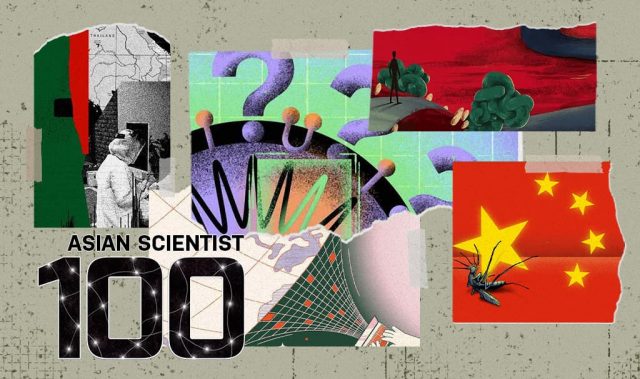
AsianScientist (Sep. 27, 2013) – Water is the most vital substance that humans require in order to survive. During the water technology session at Techventure 2013, a two-day conference that took place from September 25 to 26 this week in Singapore, Frank Levinson, founder and managing director of Small World Group, discussed several topics relating to water such as clean water supply and channels of consumption.
Levinson highlighted that most people believe that the biggest use of water is personal consumption—be it showering, drinking water, or in relation to other human activities—but in reality 49 percent of water usage is used for cooling towers, which is something very unexpected. In general, the major uses of water are for industrial purposes, he added.
“As you can see, there’s a billion people today without access to clean water. Who suffers the most? It’s always the women and children. In just one day, 200 million hours are spent on women carrying water back to their families in order to survive. A child dies every 21 seconds from lack of water,” mentioned Levinson.
Progressing into the panel discussion, Dr. Adil Dhalla, director of GE Singapore Water Technology Center, also raised his concerns on the current access to water and pricing.
“Judge water by its quality not by its history. This is very important for Singapore to take note of,” Dhalla said.
The world’s population continues to grow at an alarming rate and Dhalla says even then more people expect water quality to be at its peak. Dhalla believes that when it comes to water consumption, people should be aware that they are using a lot of it and that water is a top priority in Singapore.
“Electricity is something that if people have the means, they are willing to pay for it. They see it as something produced. With water, because they see it around them, they don’t believe that there is a cost to it, unfortunately.
“If you have to go out everyday, take a bucket with you and carry that as many people in the world do, then yes it’s free. But for most of us, especially in urban areas, there’s a huge cost associated with pumping that water for this infrastructure and people don’t appreciate that. In fact, the cost associated with doing that is a whole lot more than the purification process.
“Most people look at it and say ‘Hey its coming from a tap and I pay some water tax for that.’ We need to cost water appropriately because I don’t think people appreciate the value of water because they don’t pay the value of water.”
Singapore is doing well with regards to water distribution because water is strategically important to the country, according to Dhalla. Sooner or later the rest of the world will face similar water shortages as Singapore and eventually start worrying about water, he added.
“In terms of how technology has changed in the last few years—people were worried about bacteria in the water and today we use bacteria to purify water, which is a huge paradigm change in terms of how we view water and that is going to keep changing,” Dhalla said.
——
Copyright: Asian Scientist Magazine.
Disclaimer: This article does not necessarily reflect the views of AsianScientist or its staff.












